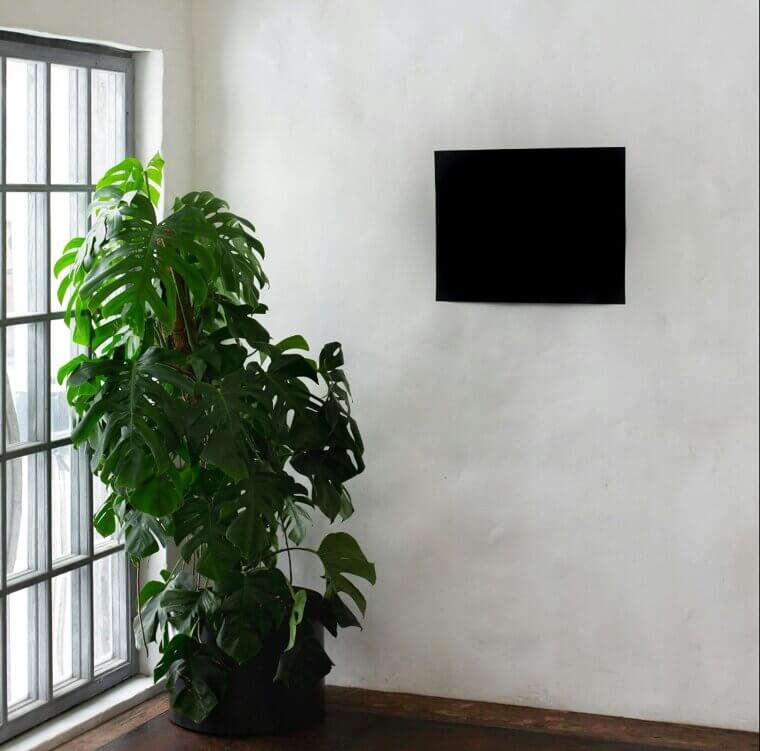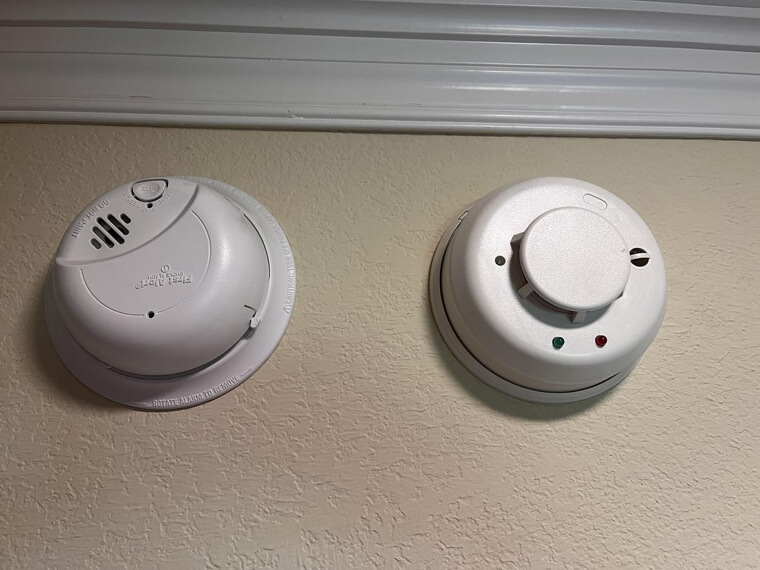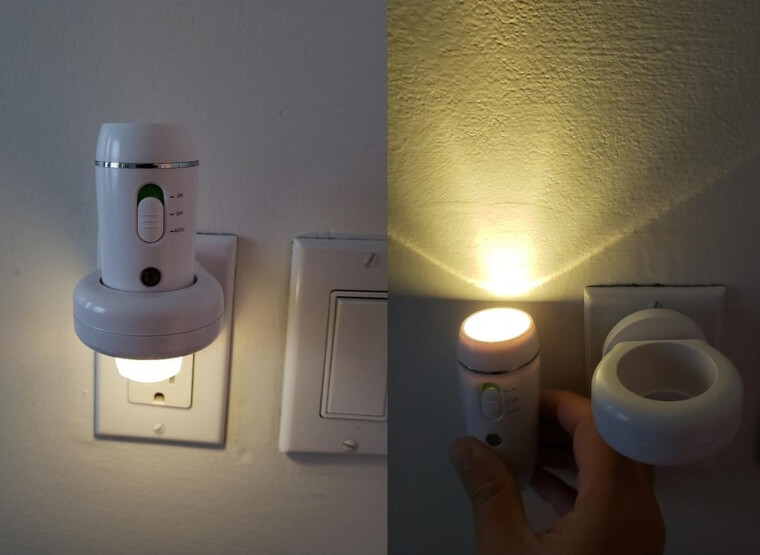Ease Into the Time Change
The end of Daylight Saving Time gives everyone an extra hour, but for older adults, the shift can still disrupt sleep and daily rhythms. A few small adjustments help the body adapt more easily. Try going to bed 10 to 15 minutes earlier each night for several days before the change. Keep mealtimes and medication schedules consistent. Gentle changes like these make mornings feel smoother and evenings less tiring. If you already follow a routine, keeping it steady will help your body and mood adjust naturally.
Get More Natural Light in the Morning
Morning sunlight is one of the best natural ways to regulate your internal clock. After the time change, make it a habit to open the curtains early or sit near a bright window while you have breakfast. Even a short walk outside in the morning can boost energy and mood. Light helps balance your sleep cycle, supports bone health through vitamin D, and naturally lifts spirits as days get shorter.
Use the Clock Change as a Home Safety Check
The time change is an excellent reminder to handle home safety tasks. Replace batteries in alarms, check flashlights, and make sure stair rails and rugs are secure. Review your emergency supplies and verify that heaters or fireplaces are in safe working condition. These small steps protect your home and give you peace of mind heading into the cooler months.
Keep Your Home Bright and Safe
With darkness arriving earlier, lighting becomes more important for both comfort and safety. Turn on lamps before the sun sets and check that hallways and stairs are well lit. Replace dim or burned-out bulbs, and consider using soft, warm light that feels inviting and gentle on the eyes. Keeping rooms bright in the evening can also help reduce the sense of fatigue that sometimes comes with shorter days. A well-lit home makes everything feel calmer and safer.
Take Care of Your Mood
The shorter days that follow the time change can sometimes affect mood or energy levels. If you start feeling low or sluggish, spend time outdoors during daylight hours. Stay active, even with gentle exercises like walking or stretching. If feelings of sadness or tiredness persist, talk with your doctor. Staying social and maintaining routines can help keep your spirits up as winter approaches.
Check and Reset Every Clock
Before you go to bed on the night of the change, make sure every clock in your home shows the correct time. Microwaves, ovens, coffee makers, and car displays often need manual resets. This is also a good opportunity to replace batteries in smoke detectors and carbon monoxide alarms. Doing it all at once makes it easy to remember and ensures your home is prepared for the months ahead.
Enjoy the Extra Hour Your Way
Think of that extra hour as a small seasonal gift. Use it for something you truly enjoy- sleeping in, having a slow breakfast, calling a loved one, or taking a peaceful morning walk. Avoid spending it on chores or screens. This small reset can help you start the darker season with calm energy and a sense of gratitude. Taking care of yourself, both physically and emotionally, makes the transition to shorter days much easier and more enjoyable.
Review Your Medication Times
Many older adults take medications that need to be taken at the same time every day. Even a one-hour shift can cause confusion or discomfort. Talk with your pharmacist or doctor about whether you should adjust the timing gradually or make the change all at once. Keep a written schedule nearby to avoid missed or double doses. Staying consistent helps maintain balance and keeps your day running smoothly.
Plan for Darker Evenings
Shorter days mean less daylight for errands, driving, or walks. Keep a flashlight or reflective gear handy, and replace outdoor bulbs so entryways stay well lit. If you drive, plan to be home before dark whenever possible, since glare and reduced visibility can make nighttime driving more difficult. Taking a little extra care ensures you stay comfortable and confident when you are out and about.
Build a Cozy Evening Routine
When darkness falls early, evenings can feel longer and quieter. Try creating small rituals that make this time of year more enjoyable. Watch a favorite show, call a friend, or do something relaxing before bed. Soft lighting, a warm drink, or gentle music can help your body wind down for sleep. A consistent bedtime routine supports better rest, which is especially helpful for older adults managing changes in energy or sleep quality.










